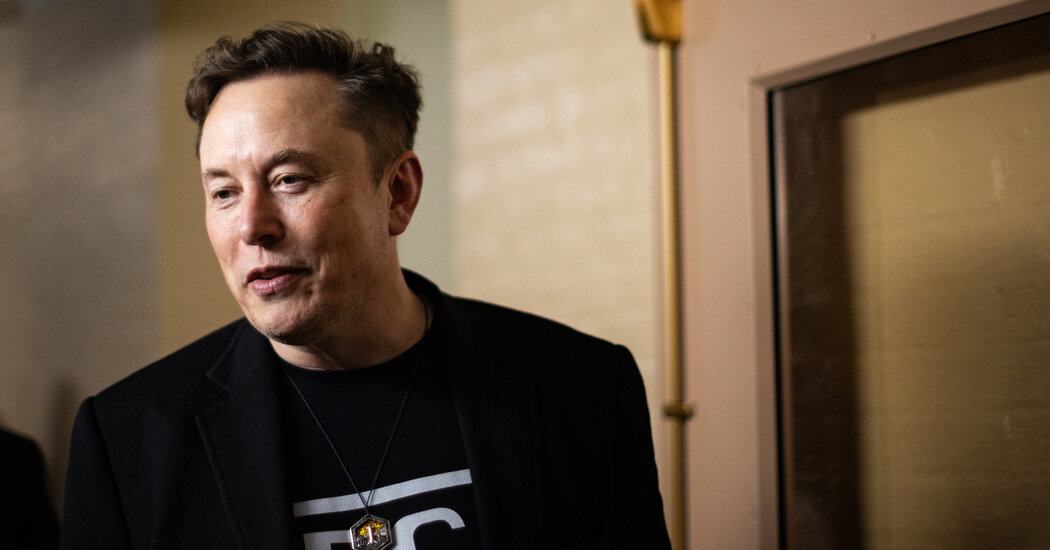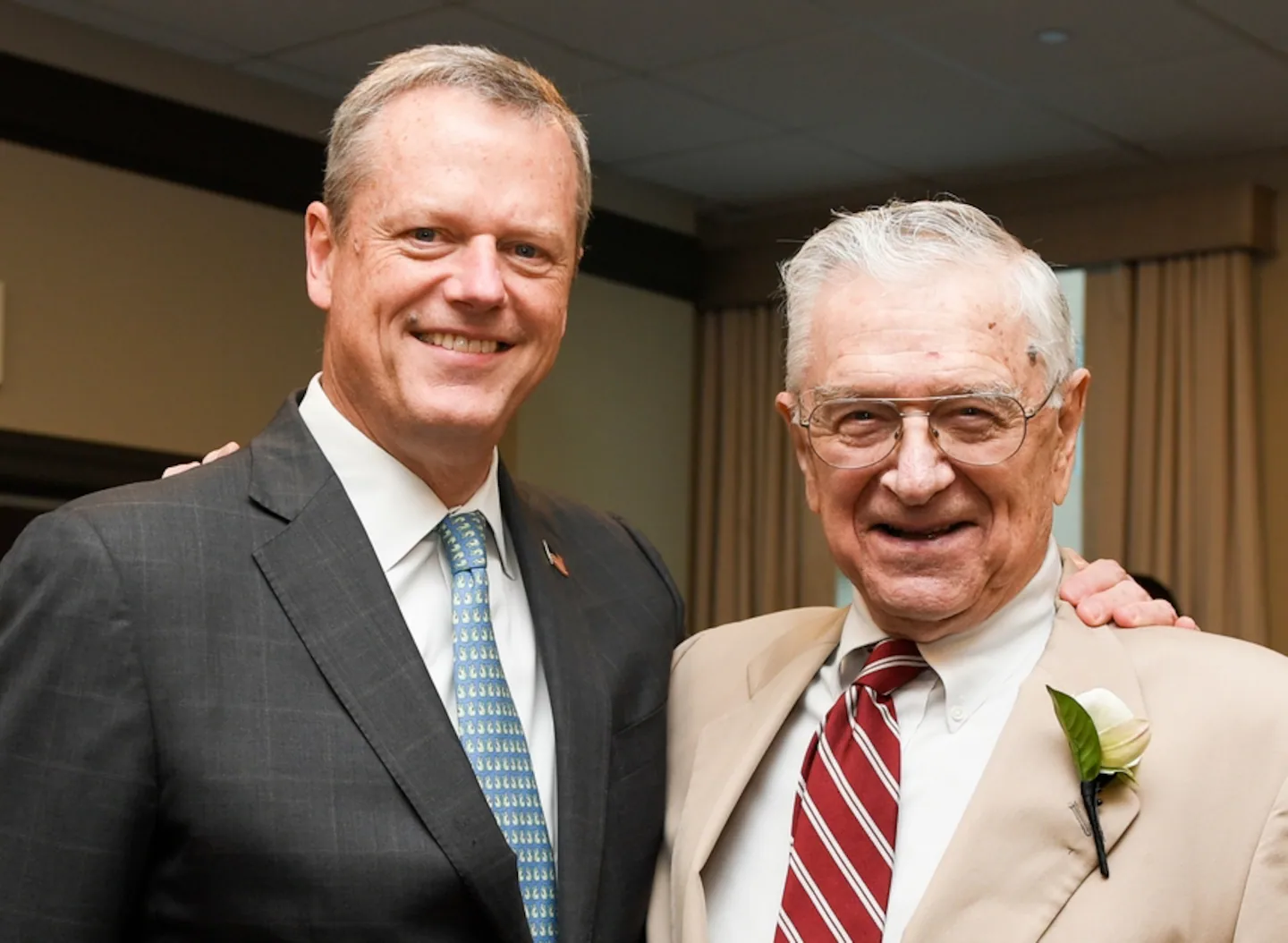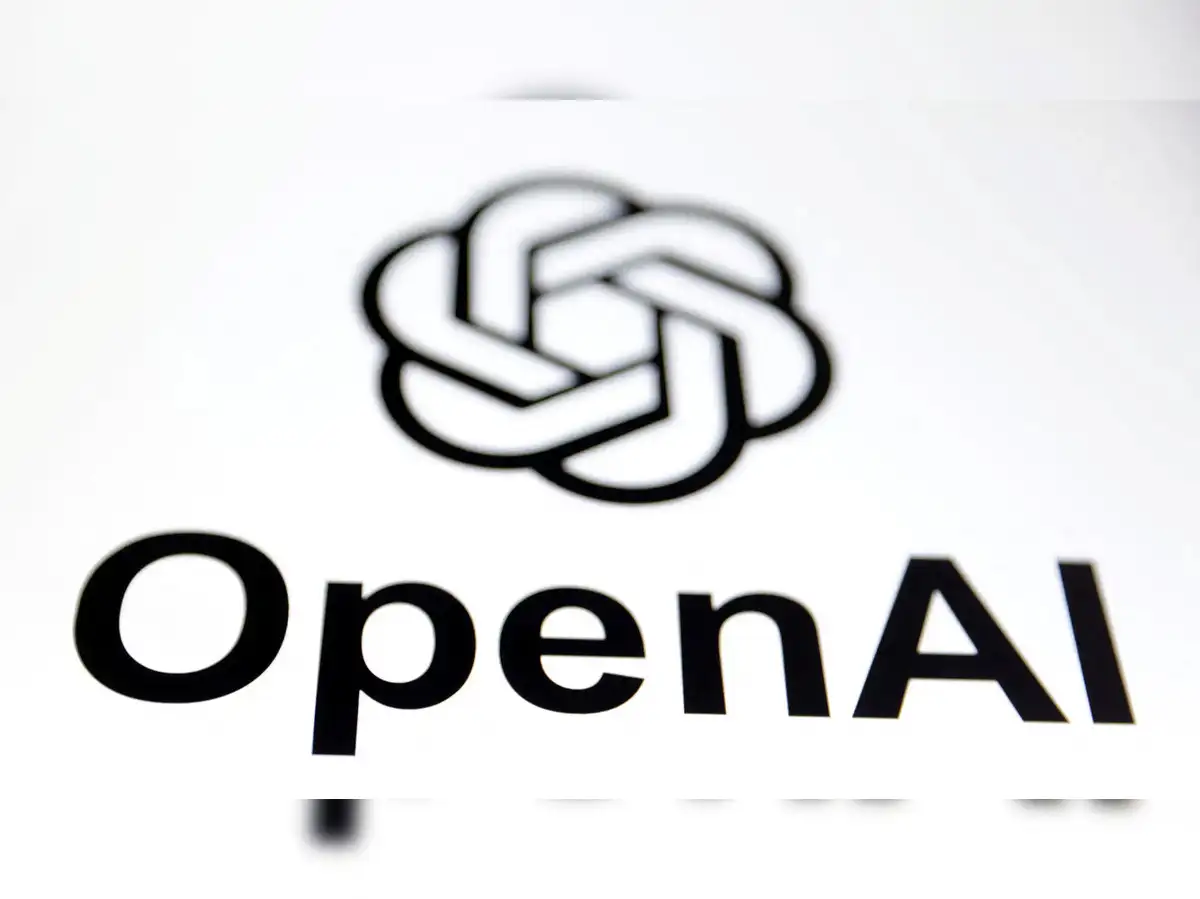Copyright The New York Times

Whether or not you believe Tesla should grant Elon Musk a trillion-dollar pay package if he hits shoot-the-moon goals over the next decade, the company’s proposal to shareholders is based on the idea that the greater the monetary reward, the greater the effort. Of course, financial incentives are enormously powerful. But is their ability to motivate infinite? Would Mr. Musk not work as hard if he were offered, say, $100 billion or $1 billion? What about $1? The assumption that human beings are most forcefully motivated by money is a fundamental axiom of economics that is baked into most policy and business decisions. It anchors arguments for ever-rising executive compensation, lower capital gains taxes, work requirements for Medicaid recipients and so much more. But research from economists and psychologists has presented a much more complicated picture of how monetary — and other — rewards affect effort. Esther Duflo and Abhijit Banerjee, M.I.T. professors who shared a Nobel Prize in economics, argue that the impact of financial carrots has often been exaggerated. Rich businesspeople like to think “we are the key fulcrums of the economy, and if we leave everything will collapse,” Mr. Banerjee said. “That kind of narrative is very tempting for the rich in particular — and they say that willy-nilly — but I don’t think there is much evidence for this.” Thank you for your patience while we verify access. If you are in Reader mode please exit and log into your Times account, or subscribe for all of The Times. Thank you for your patience while we verify access. Already a subscriber? Log in. Want all of The Times? Subscribe.



